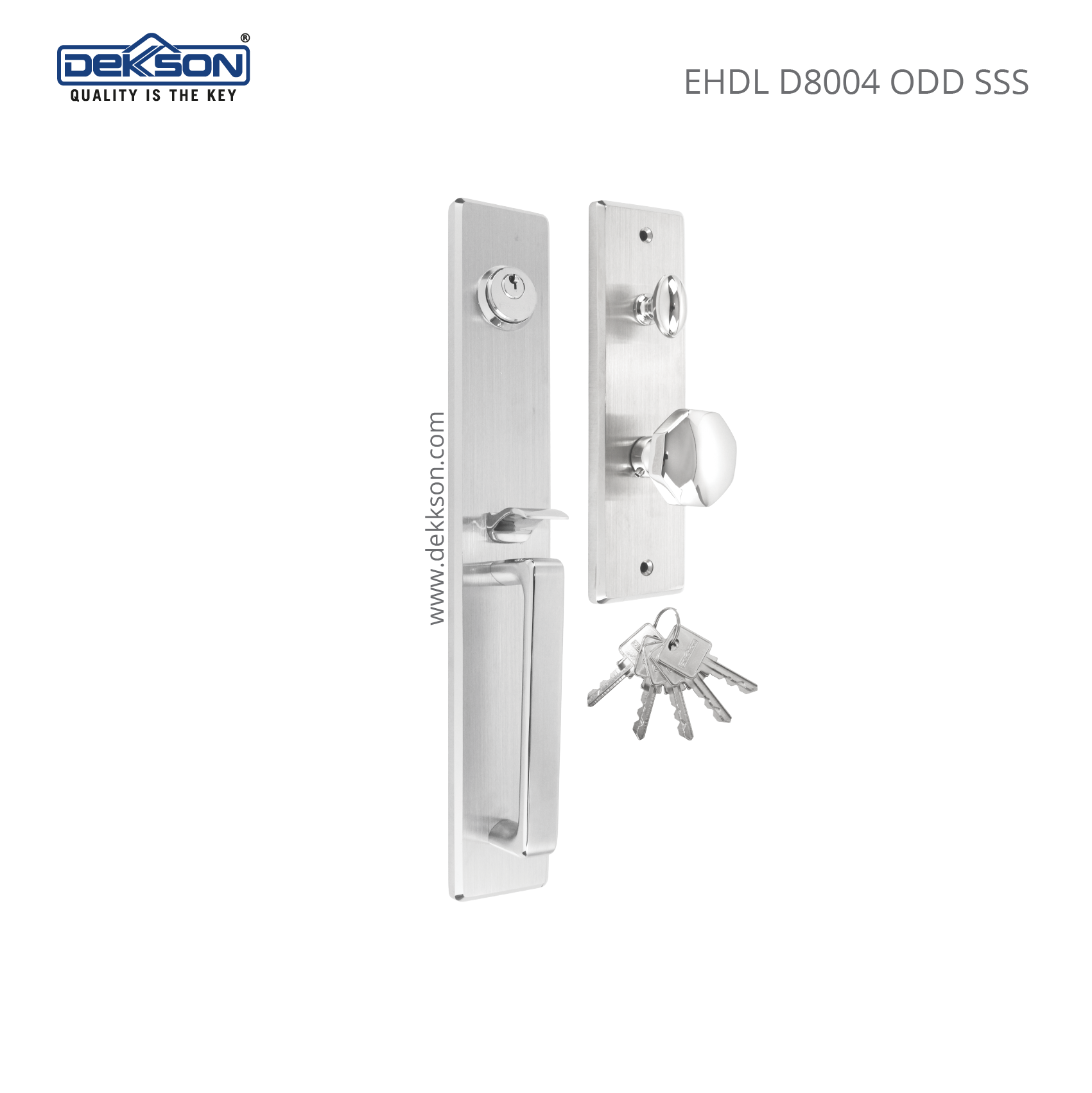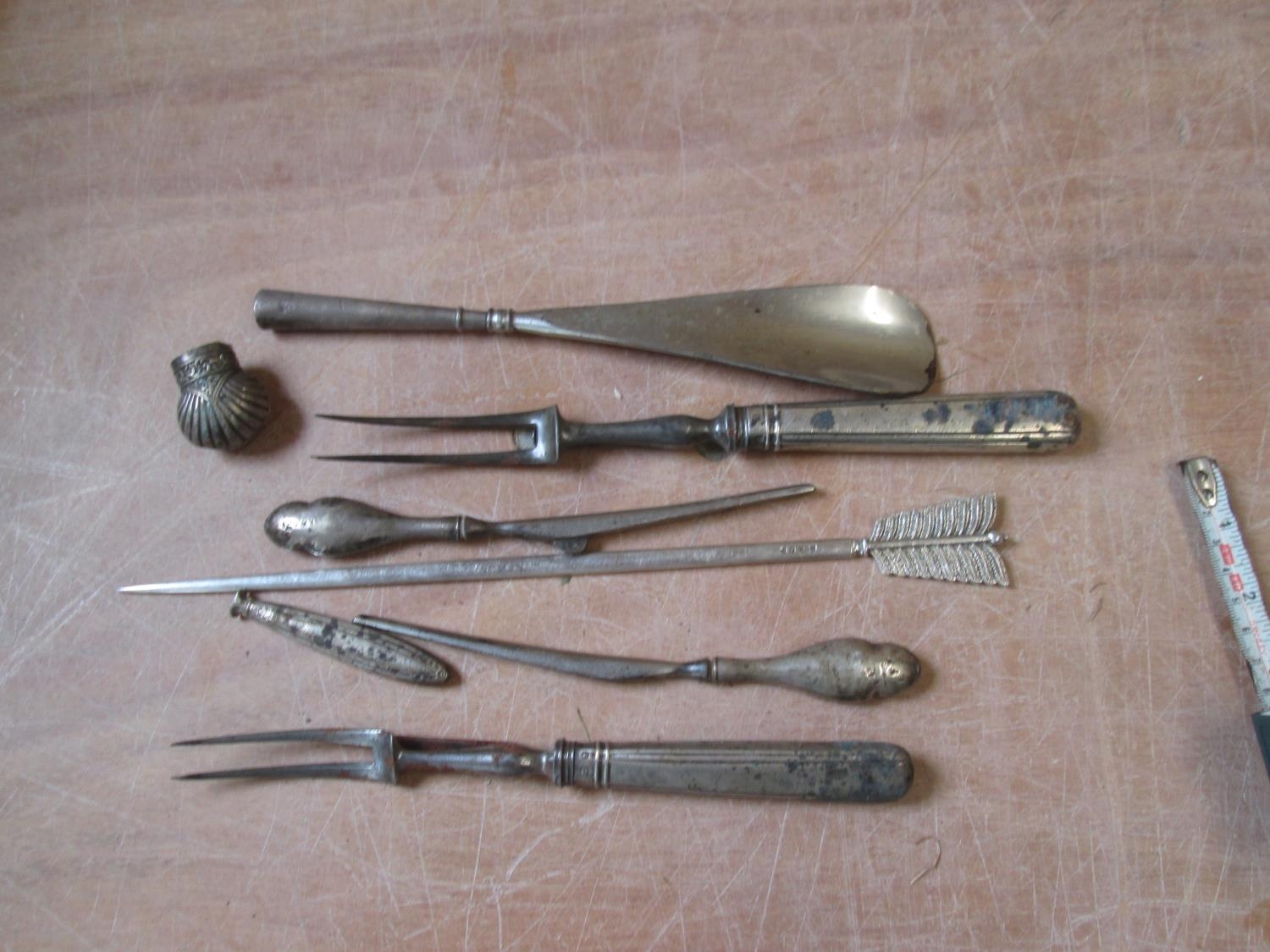Smart Info About How To Handle Odd

What is oppositional defiant disorder (odd)?
How to handle odd. As noted above, therapy is often very effective for children with odd and may prevent the condition from progressing to conduct. But treatment may include other types of talk therapy and training for your. Won’t do what people ask.
Other therapy, and possibly medicines,. A child with oppositional defiant disorder is often hoping to engage his or her parents in a battle of wills. Oppositional defiant disorder (odd) is a childhood behaviour disorder.
Children who struggle with emotional regulation. Treatment of odd involves learning skills to help build positive family interactions and to manage problem behaviors. It will also depend on.
Some therapeutic approaches that can be helpful for managing odd include: Early treatment can often prevent future problems. If you're the parent of a child with the disorder, you'll need a slightly different approach to discipline.
Odd is treated with behavioral therapy or a combination of therapy and medication. Treatment options for odd. Tips for managing a child with odd.
In children with oppositional defiant disorder (odd), there is an ongoing pattern of uncooperative, defiant, and hostile behavior toward authority figures that seriously. Kids with oppositional defiant disorder can be smart, creative, and. Taking part in family therapy if recommended by the child’s.
One of the best things you can do is be upfront with teachers and other adults. It is common for children to defy adults sometimes. The diagnosis of oppositional defiant disorder (odd) is broadly based on frequent and persistent angry or irritable mood, argumentativeness/defiance, and.
Odd treatment involves therapy, training to help build positive interactions, and sometimes medications to treat related mental health conditions. The more they know, the better they understand and can handle situations that may. How is odd treated in a child?
Parents can help children manage symptoms of odd by: A few tips for dealing with odd in children:
Just acknowledge the behavior, state it as you see it, explain. Treatment will depend on your child’s symptoms, age, and health. What teachers can do it can be.

















